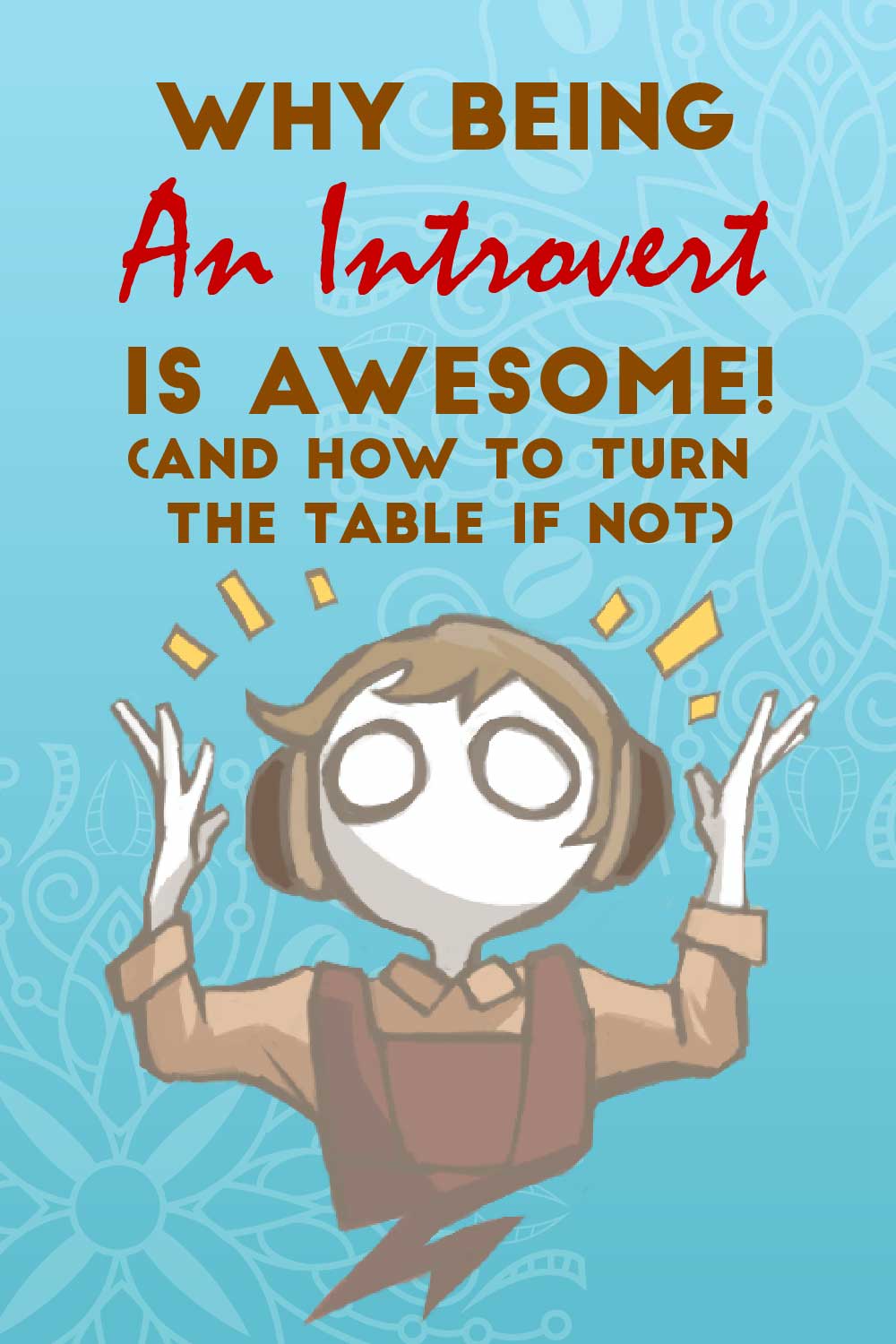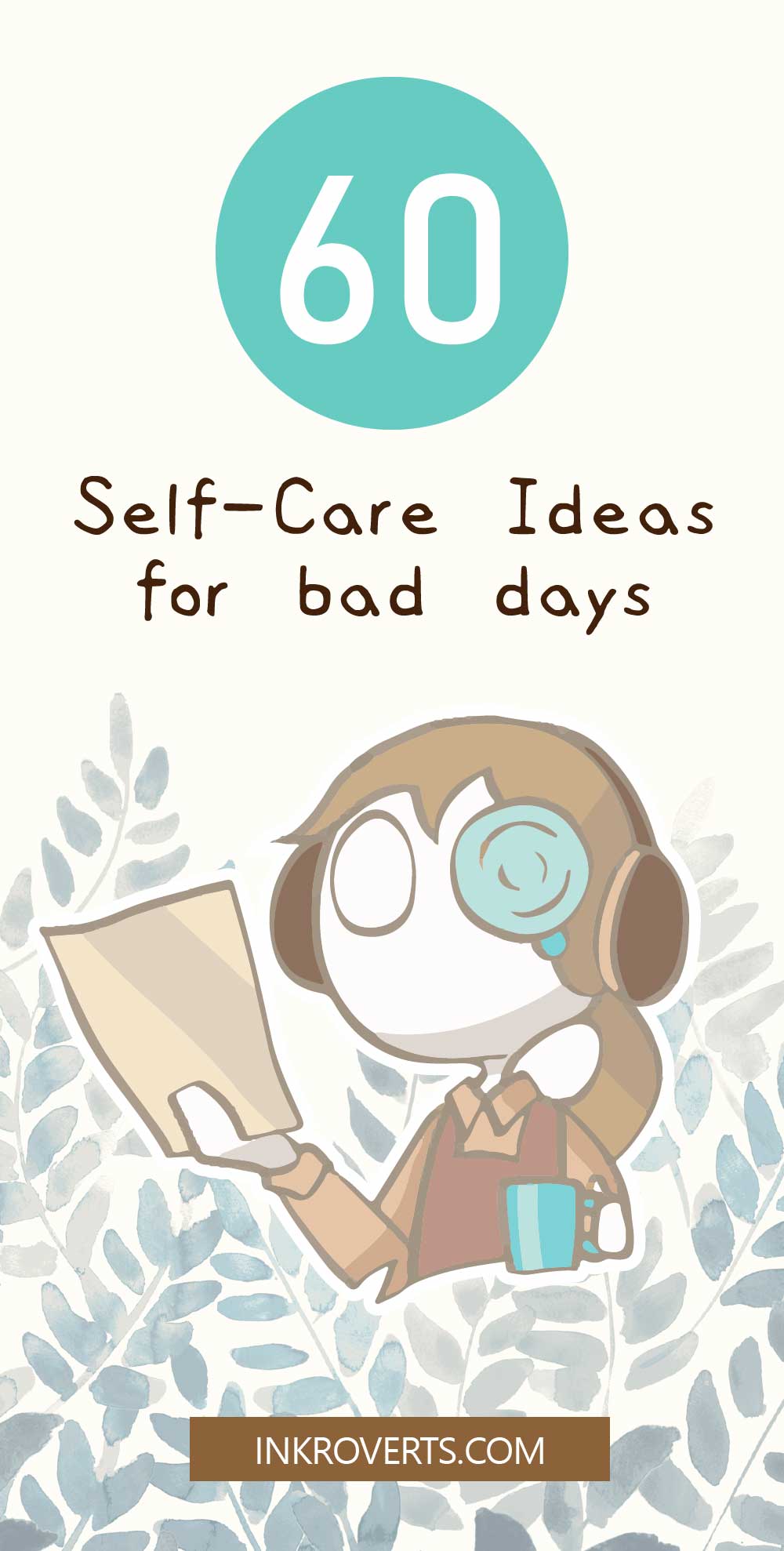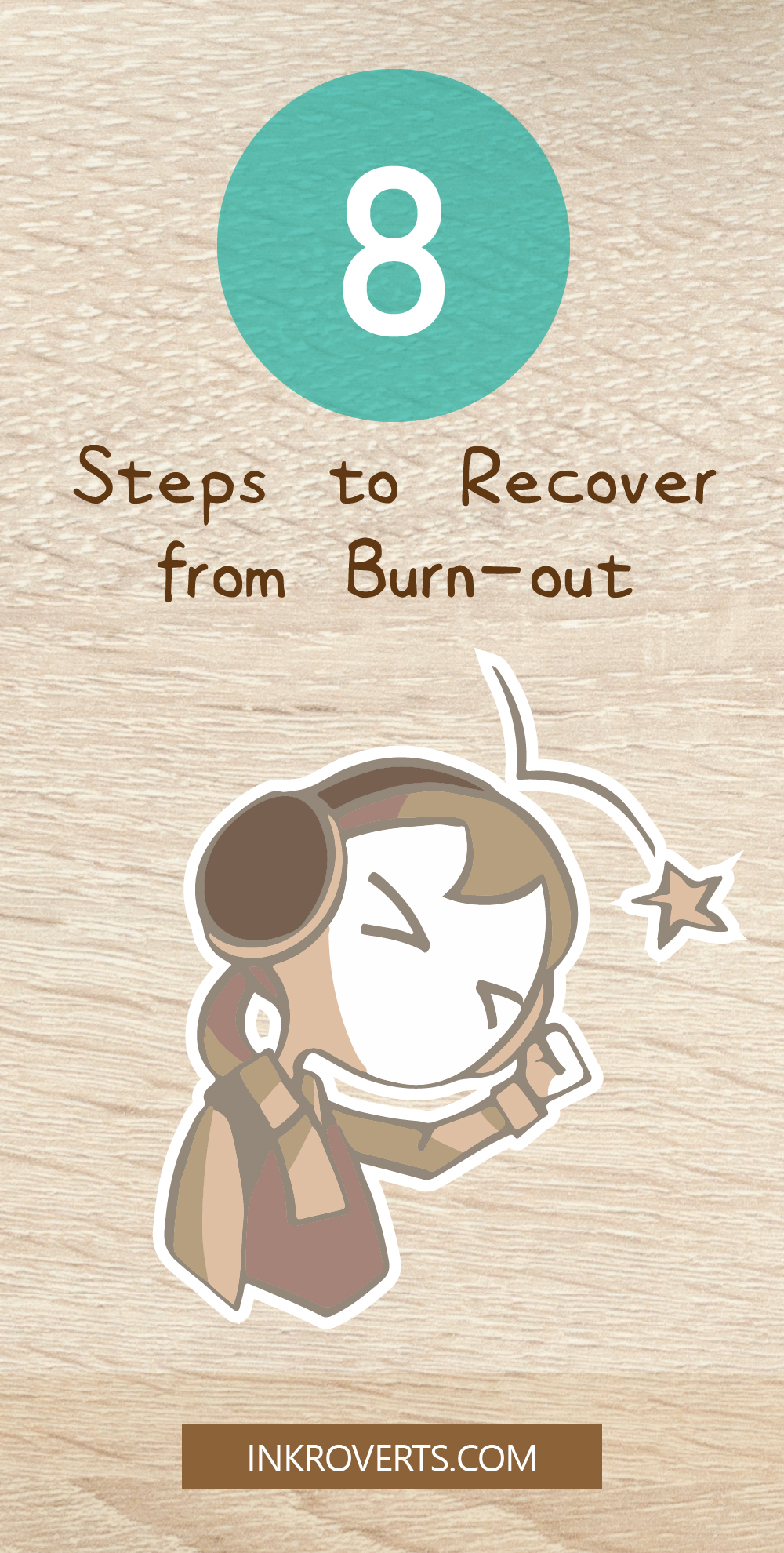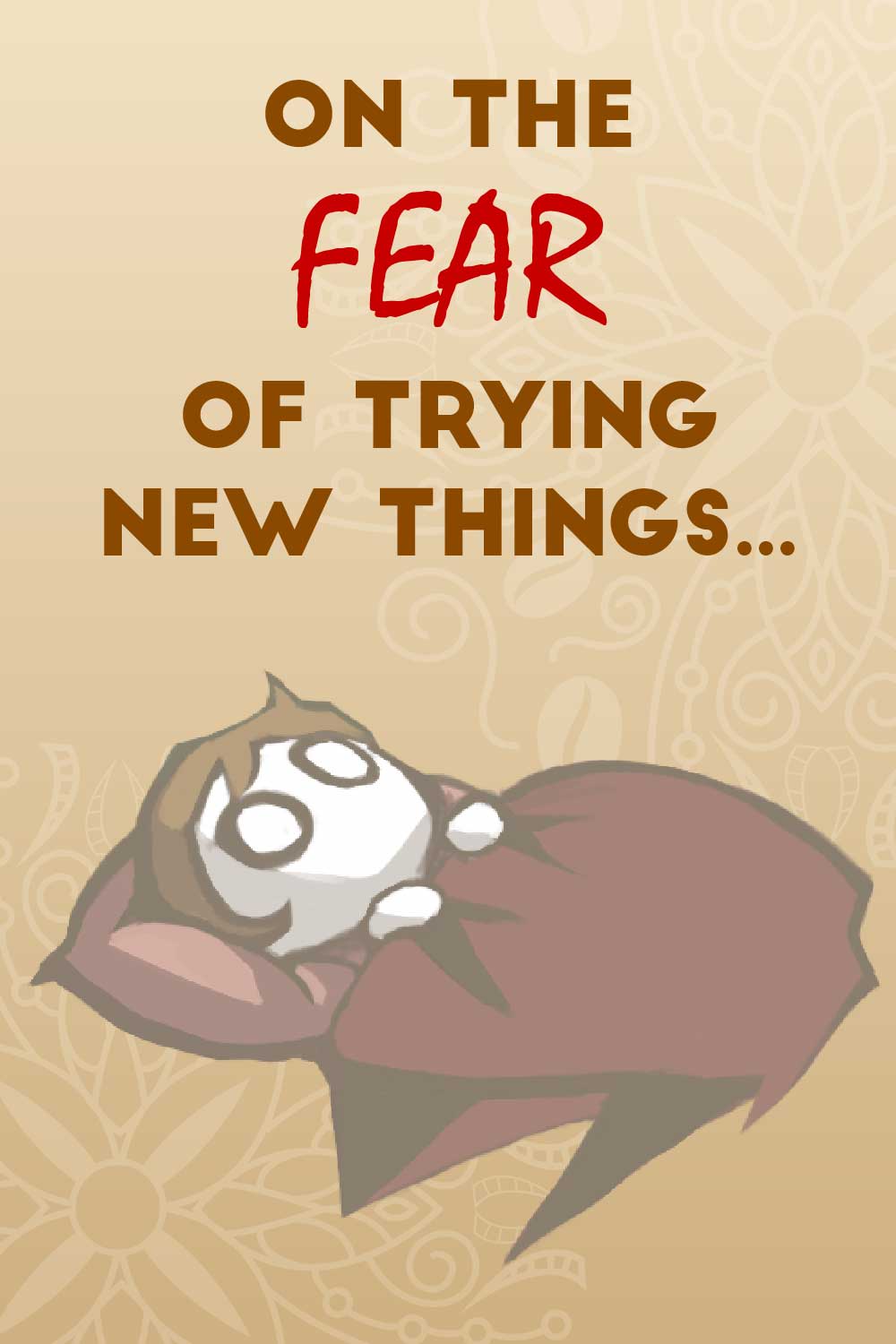
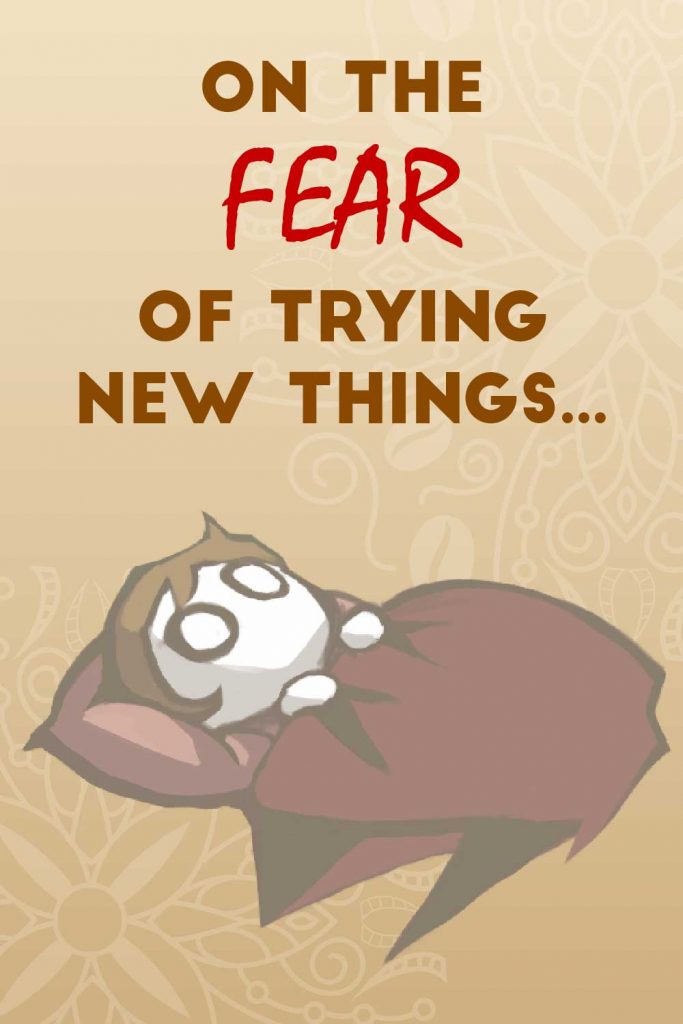
Happy New Year!
During the New Year celebration, it’s common to see excited and motivated people. Everyone is planning out their resolution and goals. And one of them is trying new things, be it tasting new food, or visiting new places.
But aside from the seemingly fun side of trying new things, there are some occasions when we feel the exact opposite, somehow. When it’s not New Year; when everyone is following a certain path, and; when you’re unsure of whether you’ll succeed, or even have the perseverance to go through the hardships.
What is happening, then? Why such a drastic difference?
Table of Contents
We avoid, procrastinate, and deny…
Under the fear of trying new things, we unconsciously begin to make decisions- which we don’t even know are decisions.
Why not learn a new language? I just can’t do it. Why not try skating? There isn’t a reason to do it.
We turn away from these activities, as if our reasons are only that “they don’t matter” and we’re not interested.
The second reaction is procrastination. If the new things are the ones we have to do sooner or later, we’re often tempted to choose the latter.
Justifying the procrastination, we convince ourselves that this isn’t the right time and right place; we’re too tired, or; we haven’t practiced enough. But when we “wait” until everything is ready, it might be too late.
Thirdly, denial is when we actively say no. “Saying no” itself is alright, as long as we can identify whether the activities are healthy or toxic.
This one is tricky. Because it all depends. Even when the new things are harmless, are we able to admit that we’re just scared?
Why are we afraid?
Many reasons. Some of them we already know. But there are also some things buried deep in our mind.
1. To face the truth of “we are not as good as we think ourselves to be”
When eleven-year-old Harry Potter first got on the broom, he flew like a natural and immediately got recruited as a Quidditch seeker. What a wonderful thing to be just naturally good at something!
But reality is often not the case, and even if it is, we can’t be naturally good at everything. In fact, we might naturally suck at it!
Are we brave enough to face this reality? Perhaps not always. Instead of owning up to the fact that we’re bad, it feels much better to dwell in the realm of imagination, where we’re at least modestly good.
At the end of the day, it’s a matter of pride. Our self-esteem can be potentially bruised by the revelation (or worse, public revelation) that we do stumble and fall at times.
2. We can’t distinguish the difference between “our comfort zone” and “our specialty”
As late-teens and adults, developing specialties is what’s encouraged in order to pave a path towards professionalism. After all, employers tend to look for specialists rather than jacks-of-all-trades.
While having a specialty- something we’re good at- is nice and all, there’s a fall-back of clinging to it.
By sticking to one aspect, we’re actually limiting our horizons, and even decreasing the speed of developing our own specialty. Our comfort zone is comforting, but being a shut-in is harmful.
In many industries, interdisciplinary knowledge is necessary. This means a person needs to know multiple departments, and be able to combine them. For example, a sci-fi comic requires knowledge in storytelling, visual elements, science, psychology, and character design.
There’s no need to be “experts” at everything. But knowing a few other things than our comfort zone is great for stretching our creativity. After all, we can’t design a cyborg without knowing anything about machines.
3. “Even if we find something we’re good at, we’re too old to start anyway”
This one is easy to refute.
We fear of being inferior to those younger than us. In this day and age, “child prodigies” are especially celebrated, and we are encouraged to start as young as possible. Such that, presumably, we can have more years to further ourselves.
Interestingly, this so-called “not enough years” problem mostly appears in our minds. In reality, old learners catch up extremely fast. With newly-found talent, they can advance even further.
There are many impactful late-bloomers in the history of mankind, in the field of art, writing, science, even bodybuilding. Whether they spent all their youth honing their skills, or they only discovered their talents in their late years,
If we find something we hope to commit to, our passion will drive us forward. To use the cheesy but true phrase: you’re never too old to start.
Conclusion – Accept the inevitability of fear
Basically, we’re stuck at the thoughts of “what-ifs”. What if we suck at this? What if this is not my thing? What if I’m too old?
Humans are genetically programmed to fear the unknown. It protects our ancestors from venturing into the dark, where predatory animals can kill them. But this obviously can’t apply in trying new things, for the sake of learning and challenging ourselves.
The “feeling” of fear is, therefore, natural. And we are powerless to cancel it.
What we can do is accept its existence. After that, when we still choose to take action, we can demonstrate bravery.
Happy New Year, again! And have a great, artsy day!

